CBS students volunteer at GirlTalk: “It’s heavy stuff like love issues, suicidal thoughts and eating disorders”
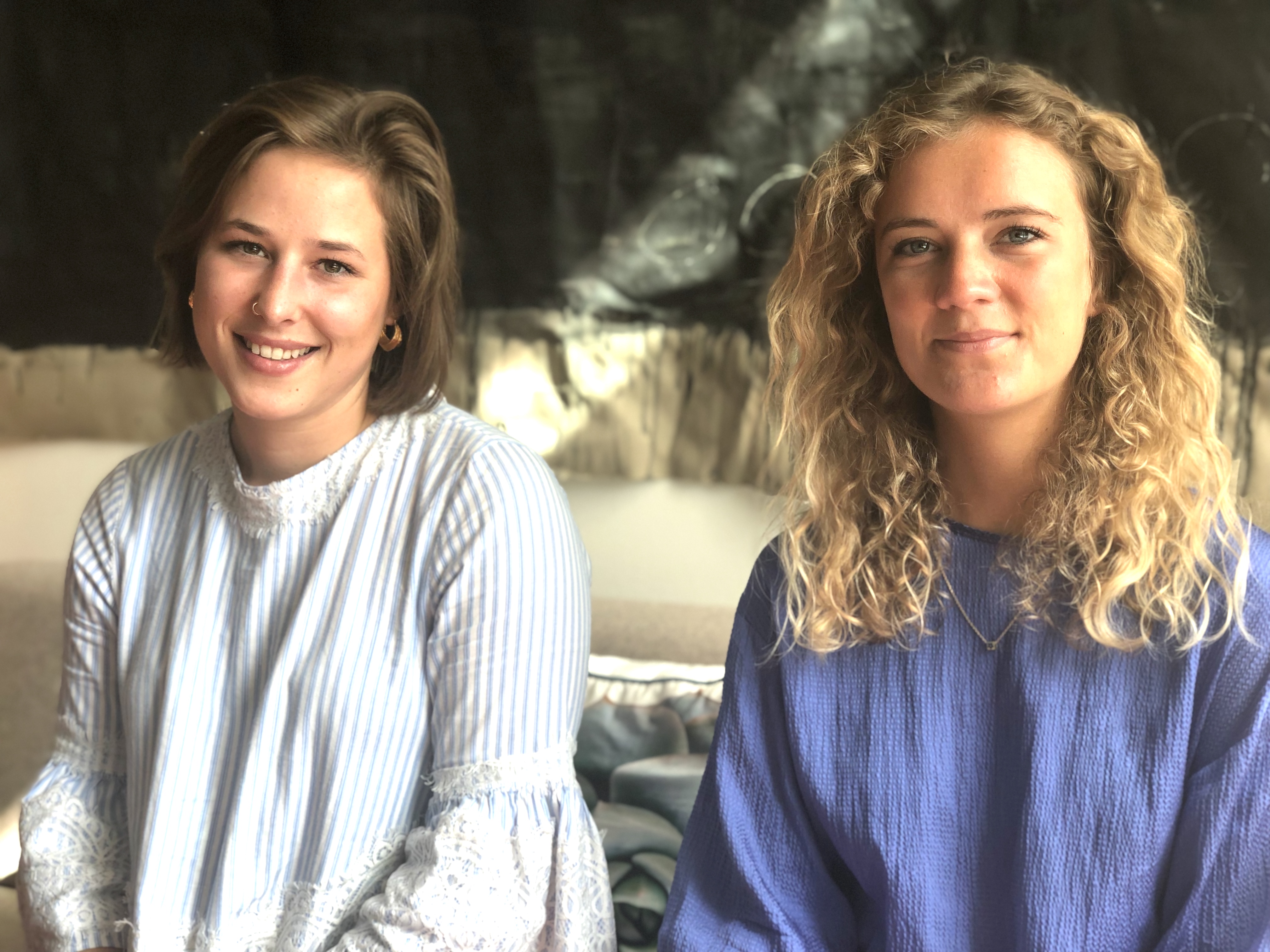
Liv Bentzen and Katrine Bonnerup ask their fellow students who are struggling to lower their guard and quit the idea of the stereotype student who’s ‘CBS fabulous.’ (Photo: Mette Koors)
Through the NGO GirlTalk, two CBS students counsel and support girls on topics that range from their first crush, eating disorders and suicidal thoughts. They ask fellow students who are struggling to lower their guard and quit the idea of the stereotype student who’s ‘CBS fabulous.’
“When I was younger and went through some issues, I had a supportive network. But many girls don’t have that. GirlTalk fills that gap,” says Liv Bentzen, who studies the master’s program International Business Communication at CBS.
Together with her fellow student Katrine Bonnerup, who’s studying for a master’s in Strategy, Organization and Leadership, she’s part of the NGO GirlTalk that counsels girls through an anonymous chat on anything they might be facing: their first period, love issues, suicidal thoughts and eating disorders.
Every year, GirlTalk has more than 6,000 chat conversations.
Although the volunteers aren’t experts in psychology, they help girls figure out what can be done to improve their situation. Ultimately, the aim is to let girls know that they’re being heard. Katrine Bonnerup, master’s student in Strategy, Organization and Leadership, explains:
“When you get accepted as a volunteer to talk to girls on the chat, you have intro nights, where other volunteers sit with you and go through case studies and scripts. They ask you how you would answer certain questions and so on. We also have theme nights, where we get trained in different topics and learn how to approach them. For example, to me, suicidal thoughts are so far away from my life that without these nights I wouldn’t be able to understand what kind of questions I should ask to understand why a girl has these thoughts.”
The volunteers are provided with guides on how to deal with certain issues, such as suicide. The first step includes the assessment of the urgency of the situation, Katrine explains:
“If a girl has self-harmed, we need to convince her to ask for help or to reveal her identity so we can call an ambulance. We also let girls know about specific hotlines, such as Livslinen and Sexlinien. But each case is unique, and there’s no ‘one-size-fits-all’ formula.”
How’s your vulnerability game going?
Liv, who started as a volunteer in the communication team and is now employed in the organization, says:
“Many of the girls’ issues are so difficult… It makes me sad that they don’t have anyone else from their social circle that they can reach out to. Although we’re here to help them, and I’m happy about that. But I hope that, one day, there won’t be a need for GirlTalk. That would mean that all girls would have their own support system, such as family and friends who they could talk to and trust.”
The development of these support systems should start with each one of us, argues Katrine. To her, this can be achieved by showing our vulnerabilities to others more often.
“You might think that you only have identity crises when you’re young. But that’s not the case. A lot of girls in their twenties contact us. Even at that age, you’re still trying to figure out your life. Unfortunately, people tend to hide that,” explains Katrine and continues:
“I think people are afraid to show their vulnerabilities. Many young people want to be perceived as though they have full control over their lives. They’re afraid they won’t be accepted. It’s important to address that everyone has problems – then people wouldn’t feel so alone in their own thoughts and feelings! If we promote this, students become more aware and push the conversation with their friends and family.”
Katrine argues that being open about your vulnerabilities and struggles makes it easier to ask for help. She tries to walk the talk:
“I’m very open about volunteering at GirlTalk. When I talk about some of my own problems, I see people more willing to share their experience. So, it’s about daring to share our insecurities with friends and colleagues more often, as it creates empathy.”
It’s time to break the stereotype at CBS
Being vulnerable can be particularly hard when you’re at CBS, Liv explains:
“Maybe it’s a stereotype, but I think a lot of students want to be ‘CBS fabulous’ and conquer the world. Students might not want to admit that they’re struggling because they’re too proud. But that happens to all of us. In exam periods, you’re always behind. It makes you doubt if you’re smart. In addition, there’s also a ‘CBS ego’. We keep telling each other that we’re super smart, that academic success is the goal. We confirm this stereotype to each other all the time, even though you might not want to be part of it.”
Liv argues that students don’t need to embrace this stereotype.
“For example, I suck at being a student. I’m not good at going to classes or taking notes. And that’s okay. There are a lot of students like this. I would love it if we could be more vocal about that at CBS.”
Liv believes that CBS students could benefit from GirlTalk if they feel too proud to talk to the people around them.
“In the GirlTalk chat, they don’t know you, so they won’t judge you.”
Katrine adds:
“I started in IB and I wanted to excel. But sometimes you get into an environment where you can lose yourself in a race against each other. It’s okay for you not to want to be in that race, but listen to your own interests and values instead. You can be ambitious without letting your grades determine your self-worth. During my time at CBS, I felt that there was a lot of focus on excelling at studying. That takes up a lot of mental space – but there’s so much more to life than that.”
So, dare to ask yourself… How’s your vulnerability game going?



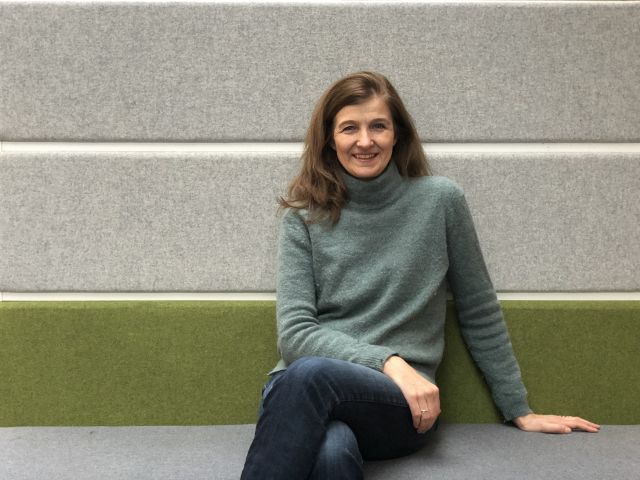

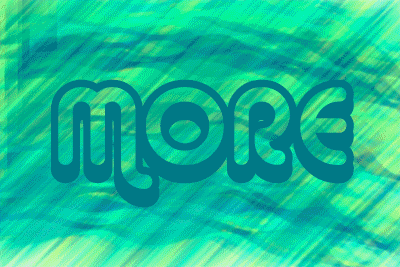

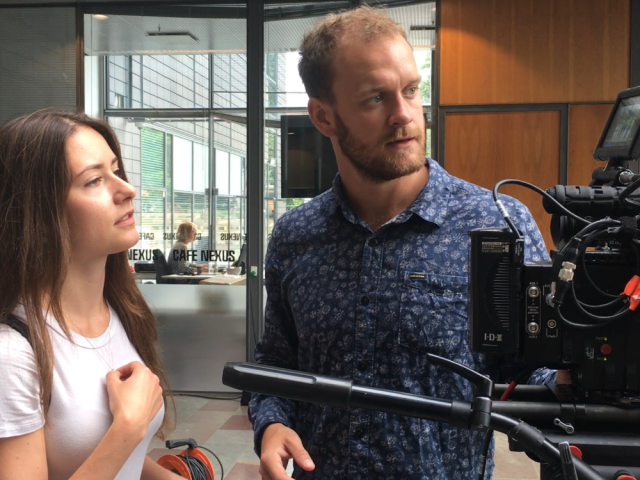
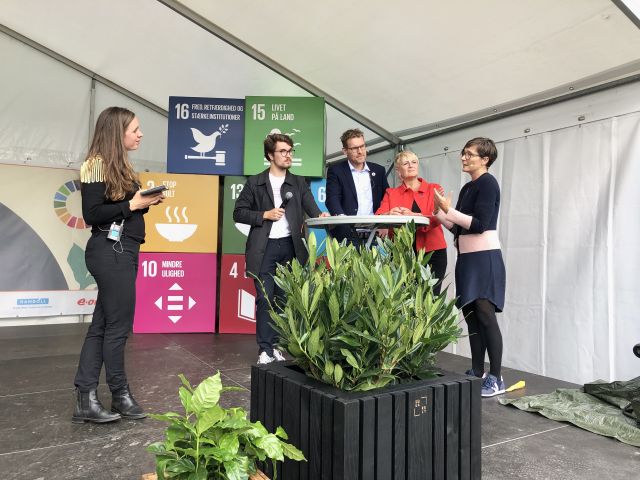
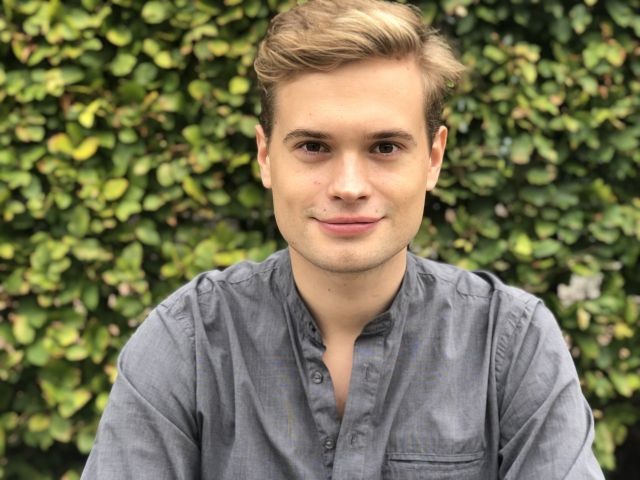




























































































































Comments